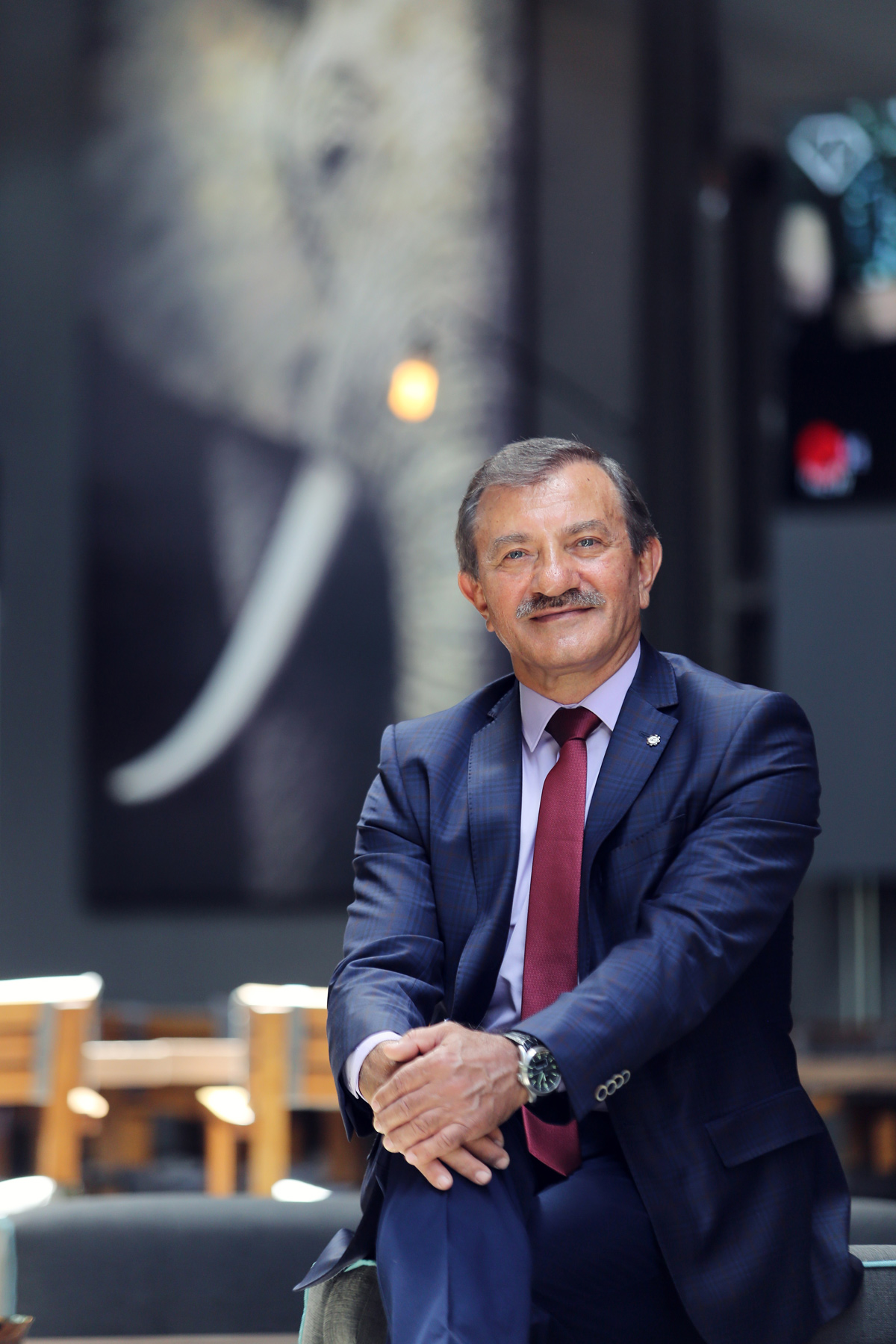
Turkish Industrialists Struggling to Survive
Turkish industry has grappled with staying afloat amid economic and structural turbulence over the past six months. Escalating costs, exchange rate volatility, elevated interest rates, and contracting demand have amplified the strain on producers. What is unfolding signifies not merely a crisis but also points to an effort to find a new direction.
The stringent monetary policies enacted under the framework of the new economic program were among the most influential factors impacting industrialists. Access to financing has not only become arduous but also markedly more costly. The prudent stance adopted by banks and the constriction of credit channels have rendered even the maintenance of existing capacity a complex planning task, let alone making investments, even maintaining current capacity.
As we underscored on this issue’s cover, financing has ceased to be readily accessible for numerous industrial entities and has instead become an elective resource. Elevated interest rates, more rigid collateral requirements, and restricted credit avenues have dampened industrialists' appetite for expansion. Amidst this climate, entrepreneurs have prioritized managing liquidity and streamlining expenditures to sustain production.
Industrialists Proceed with Prudence…
On the foreign market, the recession, particularly in Europe, has led to a deceleration in export orders. Domestically, the erosion of purchasing power has triggered inventory surpluses across various sectors. Retaining employment in labor-intensive industries has become an increasingly arduous endeavor.
Despite these manifold challenges, the industrial community remains grounded—not despondent, but pragmatically cautious. The green transition and digital transformation have ascended to prominent positions on the strategic agendas of numerous organizations. Initiatives aimed at minimizing production expenses within state-supported industrial zones have gained significant traction. Sectors such as chemicals, defense, and machinery are demonstrating comparatively more robust resilience.
The preceding six months have once again illuminated both the fragilities and the latent potential within Turkish industry. Resilience is now assessed not solely through financial metrics but also through innovation capacity, adaptive agility, and the formation of astute strategic alliances.
PLASFED Magazine Delivers Rich Content Once Again
The noteworthy strides taken during this period are also commendable. Our interview with Arzum Board Chairman Murat Kolbaşı elucidates the business world’s vision regarding branding, value-added production, and international market expansion. The headline “Green Human Resources,” developed with the insights of Yonca Gürol, underscores that this transformation extends beyond technology into the realm of corporate culture. The legal developments concerning the plastics industry, meticulously examined by Attorney Sırma Özberber, remind us that the green transition is not merely an environmental agenda, it is also anchored in a comprehensive legal infrastructure requiring alignment.
This month, we also delved into arbitration mechanisms with Attorney Melis Ilgaz in our law section. Alternative dispute resolution tools are becoming increasingly pivotal, particularly in the industrial sphere, to safeguard the integrity of long-term business partnerships.
This issue’s veteran column features Ali Ateş, one of the esteemed figures in Turkish industry. His reflections illustrate the evolution of our industrial landscape from past to present—yet the unwavering commitment to production remains a steadfast core value.
Industrialists Persevere in Production
Getting out of this difficult process is possible not only with support mechanisms but also with common sense and solidarity.. What industrialists require are coherent, foreseeable policies, legal assurances that bolster investor confidence, and a development vision firmly anchored in production.
In conclusion, Turkish industry is undoubtedly traversing a demanding phase. Yet, this period can also be perceived not merely as one of inertia, but as an opportunity for restructuring and fortification. A more equitable and sustainable access to financing will offer long-term relief and breathing room for producers.
The industry presses on with production. In the face of adversity, it continues to prepare for the future without deviating from its path. What is most urgently needed today is stability, mutual trust, and a shared determination to move forward together.
Ömer KARADENİZ
Chairman of PLASFED
